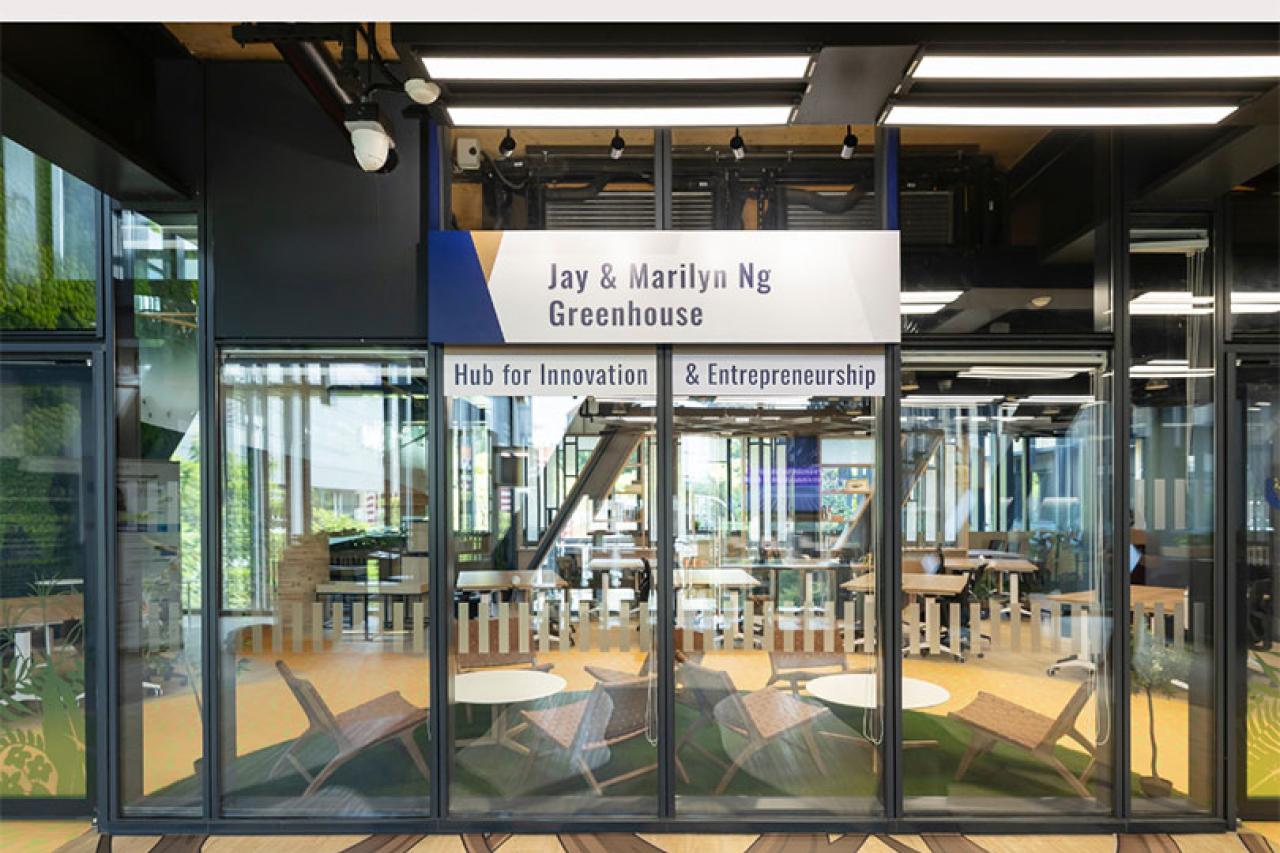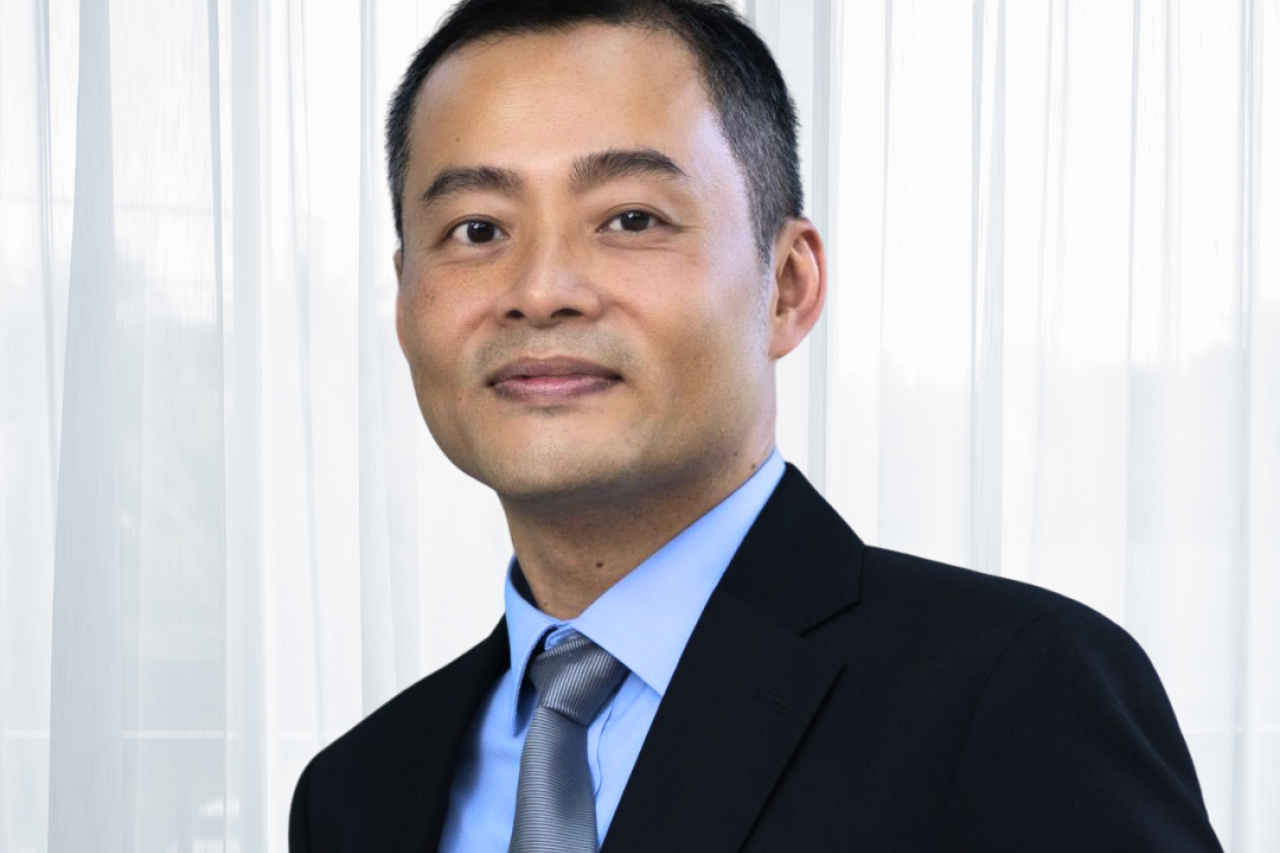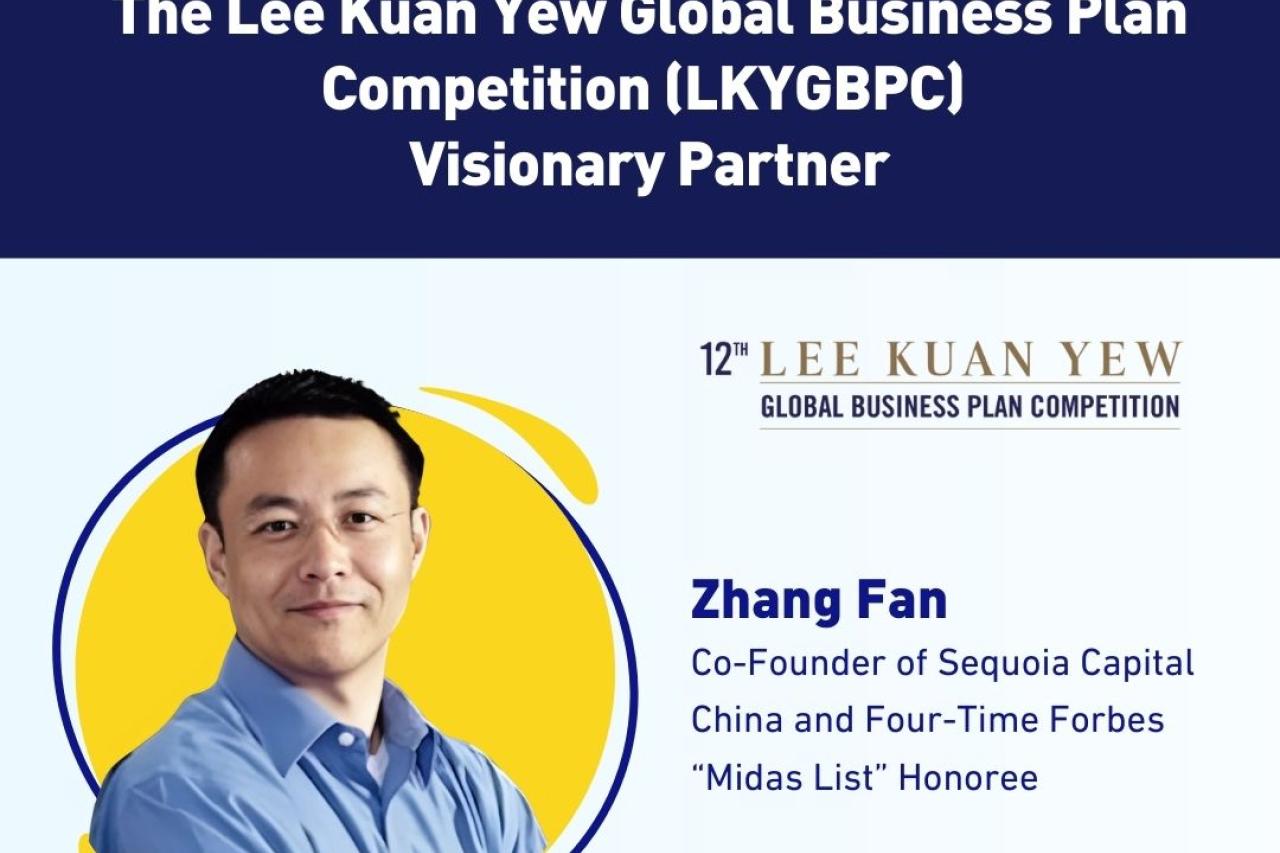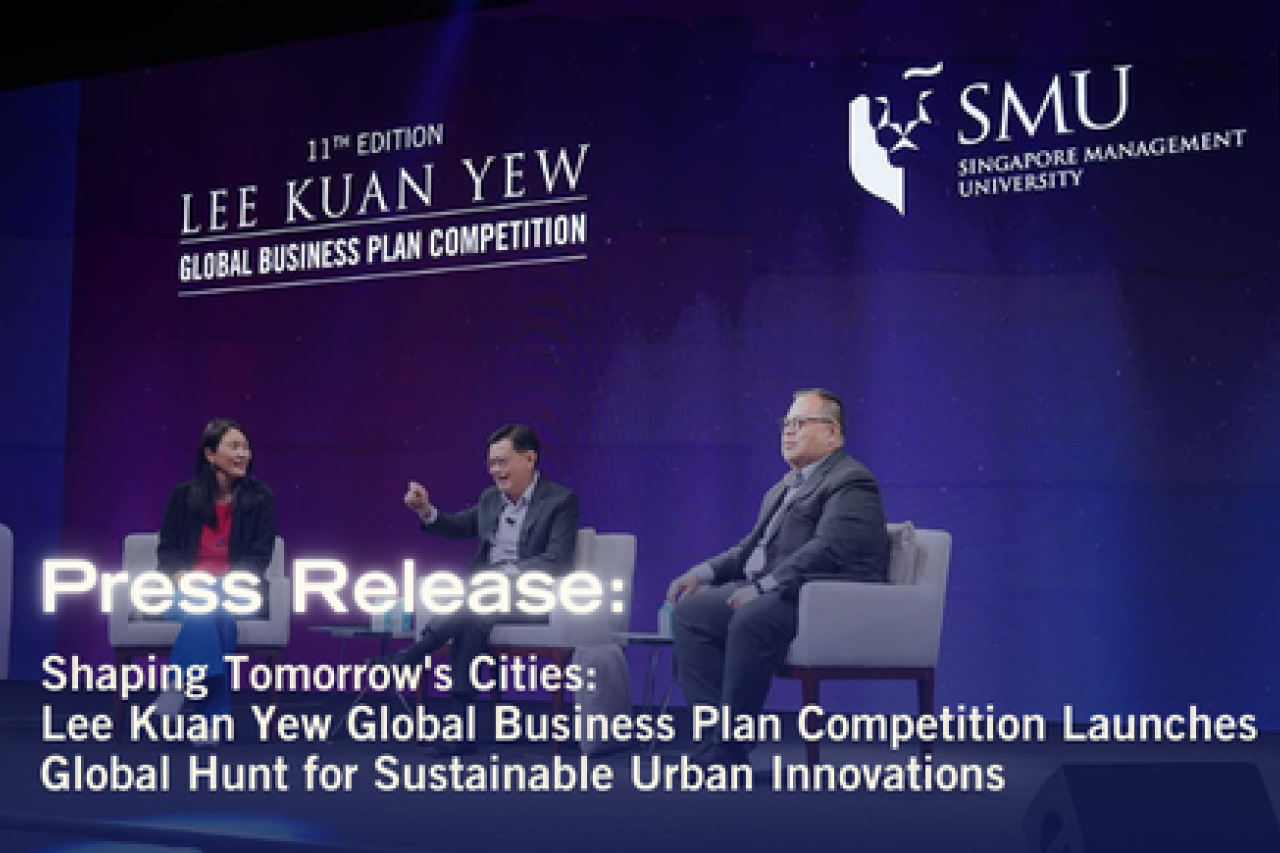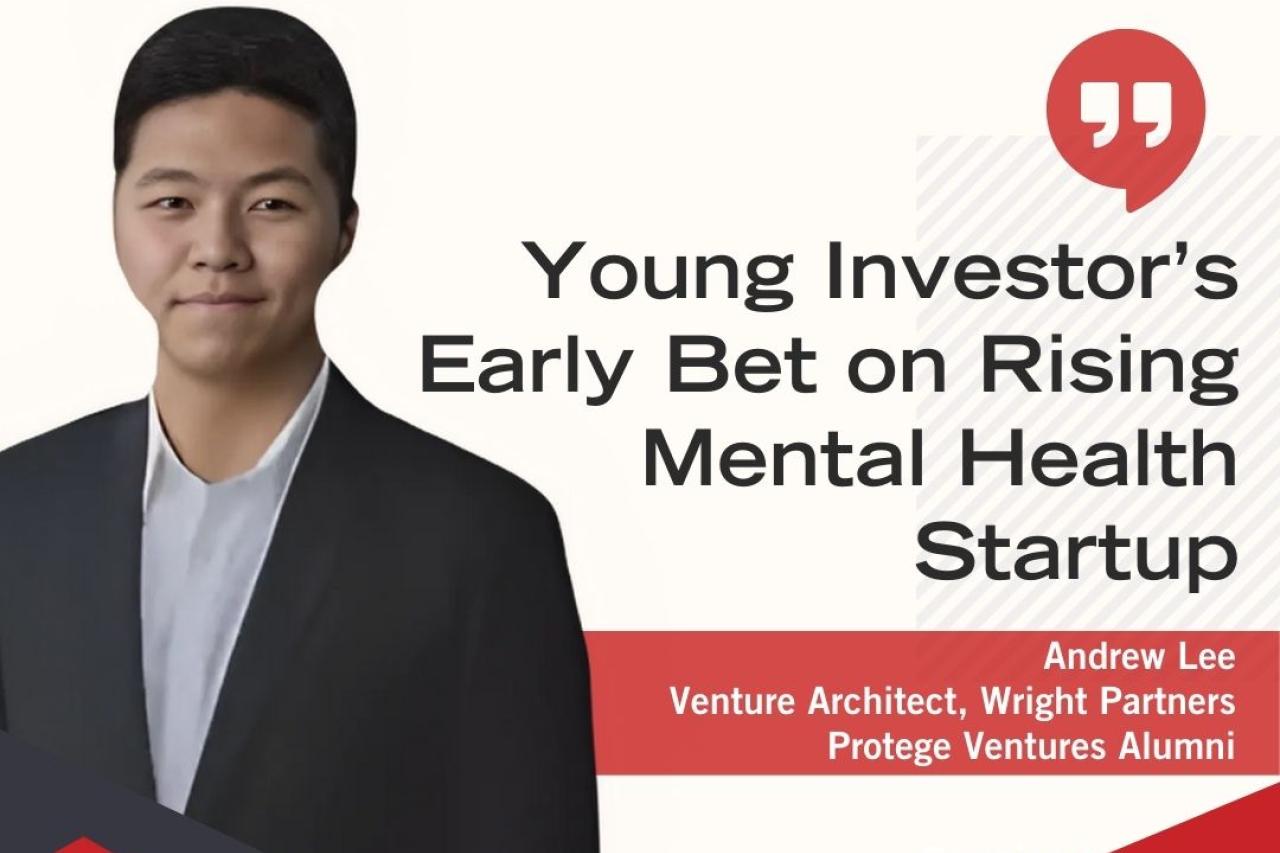GII Feature: Pranav, Emily, Si Min & Nicole
Tuesday Oct 10,2023 | IIE News
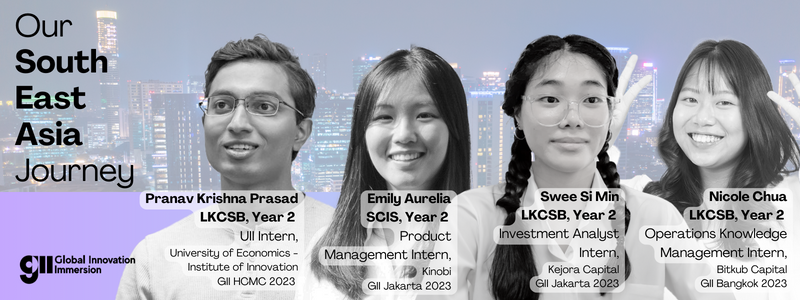
Embark on a thrilling journey this year as we follow four passionate SMU students throughout their GII internships across Southeast Asia innovation hotspots. Meet Pranav in Ho Chi Minh City, Emily & Si Min in Jakarta and Nicole in Bangkok as they share their captivating experiences - Why GII? In what ways have these experiences reshaped them? What invaluable lessons did they take away?
Join us as we dive into their incredible overseas adventures and discover how GII can transform you!
How did your GII overseas internship challenge your preconceptions about the industry or culture you were exposed to?
Pranav: So, my GII stint in Vietnam was an eye-opener in many ways. Initially, I had this notion that startups there might not be as innovative as in some other places. Boy, was I wrong! Vietnam's startup scene is buzzing with creativity. I also discovered that in Vietnamese business culture, relationships are key. Hence, building trust and rapport is often the first step in making deals.
Emily: Going for the GII overseas internship have changed my preconceptions on working overseas and with people of different culture. Before going for the internship, I was most concerned about the cultural gap and language barrier that I would face with the locals and particularly my colleagues. I’m not fluent in Bahasa Indonesia and was worried if I could convey my ideas across. I also heard that the work ethic in Indonesia is very different from Singapore, the need for plenty of negotiation and chit-chat before going to serious discussions. However, during my internship, I was surprised that the Indonesians were very welcoming and kind. Most of the communication was conducted in English, hence there was not much of a language barrier although at times I had to clarify in simpler terms. The fast-paced working environment also eliminated the need for long negotiations. The final preconception that was a big surprise was that not everyone in the product team in the tech company are trained in technology. I had assumed that the product team, especially in a tech company would be tech-related major graduates. However, my supervisor and a fellow Indonesian intern was a Sociology and an International Relations graduate respectively.
Si Min: Prior to this opportunity, I had limited knowledge about Indonesia and the venture capital (VC) industry, so I didn't have any preconceived notions. However, this internship allowed me to gain firsthand insight into the Indonesian culture and the workings of the VC industry.
Nicole: For my GII overseas internship, I had the opportunity to intern with Thailand’s largest cryptocurrency exchange, Bitkub Capital. Prior to the GII overseas internship, I mostly interned at Singapore MNCs and had no background in finance. As such, I had believed that start-ups or fintech companies were more volatile, less organised and structured with lesser work-life balance. Additionally, I had a perception that the barrier of entry was high, and one had to be very well-versed in finance or tech to enter. This wasespecially so when I had thought about the cryptocurrency landscape. However, through this opportunity I discovered that there are many different components to these companies which made it more multi-faceted. Despite the company being relatively new, many different systems and processes have been set in place for greater efficiency and different teams had great synergy and communication when they worked with one another. I was also given time to learn on the job and was guided patiently by my colleagues.
In what unexpected ways did your time abroad influence your personal and professional growth?
Pranav: You know, going into this, I expected to grow professionally, but the personal growth was a surprise. Living and working in a foreign country, far from my comfort zone, really pushed me to adapt and embrace new experiences. It's given me a more 'global' perspective on life. It's not just about business; it's about understanding people from different walks of life.
Emily: During my time in Kinobi Indonesia, I was unexpectedly involved in many projects and events that had placed me outside my comfort zone. My initial expectation working as a Product Management intern is to understand what a full-time Product Manager does and help with some of the company’s ongoing projects. In reality, I was given the opportunity to lead a small project as the Product Manager of that product, which caught me off guard but, I’m very grateful for the opportunity. I was still guided by my supervisor and had learnt a lot of new skillsets and frameworks that Product Managers would apply in their course of work. I was also given the opportunity to work on events that were hosted by Kinobi, which helped improve my communication and public speaking skills.
Si Min: My overseas experience ignited a strong passion for solo travel, which I had never considered before. It had transformed my fear of solo travel into a thrilling adventure, allowing me to meet remarkable individuals and engage in extraordinary experiences. As I explored different internship roles and industries, at the same time I'm gaining clarity about my future career path. This VC investments analyst role, for instance, taught me valuable skills such as creating professional presentations, which I haven’t attempted whilst at SMU (I’d always been a Canva girl but now I’m a PowerPoint Master Slide View type girl).
Nicole: Personally, I feel like I’ve gained more independence in my personal life from living abroad alone and working in a foreign environment. The GII overseas internship allowed me to further develop critical thinking skills and problem-solving skills when I encountered issues. Professionally, I believe that I have also learnt to adapt to a new working environment, and how to be a better communicator despite the language barrier. Additionally, the time I had alone abroad helped me to develop new healthy habits and step out of my comfort zone to try new things while I was there.
Can you share a specific instance where you had to adapt to a cultural difference during your overseas internship, and how it impacted your perspective?
Pranav: Ah, the cultural adaptation story! One time, a business meeting started with what felt like hours of small talk and personal questions. I thought it was a time-waster. But later, I realised that this was how relationships were built in Vietnam, and it changed my perspective. Now, I appreciate the value of taking time to connect on a personal level before diving into business.
Emily: The most impactful culture shock that I had was the two-hour long traffic jam from my office to my accommodation. I was quite thankful that my company was still in a hybrid setting, so I did not need to come to the office every day. This made me realise how grateful I am to be in Singapore where I have multiple ways to commute anywhere plus all the transport modes are clean and fast. Moreover, the overseas experience also made me more inclined to be an entrepreneur rather than a corporate worker, as stereotypically entrepreneurs have more flexible work settings compared to corporate workers.
Si Min: One memorable experience involved a local Indonesian friend taking me to a Sundanese-style buffet street restaurant. It was a packed restaurant with dim lighting and numerous flies, quite a stretch from the cleanliness standards in Singapore. While the hygiene aspect was unsettling, I fully embraced the experience as a chance to broaden my horizons. Although it didn't drastically alter my perspective, the experience did expose me to cultural differences.
Nicole: Considering that Singapore is a pretty westernised Asian country, our language tends to be casual when speaking to one another, even with seniors and elders – as that is our way of being friendly and fostering closer relationships. However, I quickly came to realise that it was different in Thailand. Mannerisms between junior and senior employees exist to maintain a sense of respect and friendliness, which I started to adopt when I was speaking to my Thai colleagues and intern friends. For example, ‘ka’ was added at the end of every sentence, even when speaking to strangers as a way to be polite. Additionally, juniors would often add ‘P’ in front of their seniors’ names when addressing them as a term of endearment and respect for someone older. I also realised that Thai people were less confrontational when communicating, even when they disagree with you, and a softer approach should be taken to be polite. Overall, I feel like this was what made my internship more pleasant and less intimidating because there were many different avenues where people are encouraged to be friendly and respectful.
What unique insights did your mentor provide that you believe would have been hard to obtain without this international experience?
Pranav: My mentor was like my cultural guidebook. She gave me insights into Vietnam's business scene which you can't find in textbooks. The local knowledge, understanding of regulatory stuff, and the cultural nuances—these were gems. I doubt I could've gotten that depth of understanding without being there.
Emily: My mentor once told me “It is very hard for you to fit into a new place without having connections or any background information, so, try connecting to as many people as possible to open more opportunities.” This advice really opened my eyes about venturing abroad as it made me realize that although your product is worth selling and useful in another country’s market, without the local connections and understanding of the local work culture, it will be hard for a company or product to enter the local market.
Nicole: My mentor was well-versed in the cryptocurrency scene both in Thailand and internationally and in tuned with the latest news in the blockchain and crypto landscape. Compared to Singapore, Thailand has more favourable policies regarding cryptocurrency and trading is slightly more accessible and open.
How did the blend of diverse backgrounds and perspectives among your fellow interns enrich your learning and understanding?
Pranav: Oh, the fellow interns! We were like a mini United Nations. Our discussions were gold mines of different viewpoints. It's amazing how diverse perspectives can open your mind. We'd approach problems in so many unique ways, it was like having a bunch of brilliant mentors right there with you.
Emily: From the different experiences from my fellow interns, it gave me new insights to the different company cultures. Some company cultures may be very hierarchical while others are more family oriented. However, there is a general trend that most of the companies in Indonesia are implementing a more global approach. This includes changing internal corporate communications to English and planning to expand the business into neighbouring countries.
Nicole: There were three other interns who I worked alongside during my internship; I also had the opportunity to work with them on group projects assigned to us by our managers. As everyone came from different backgrounds (the other interns originated from different regions of Thailand, different universities, and pursuing different courses), we all had varied ideas to pitch into the project that would have not been possible without this diversification. From my fellow interns, I learnt to be bold and how to take more creative approaches in executing different tasks – which I would not have been able to think of on my own.
Reflecting on your time abroad, can you pinpoint a moment that significantly shifted your career aspirations or life goals?
Pranav: There was this one moment when I saw how startups in Vietnam were creating real change in local communities. It was a game-changer for me, shifting my career aspirations towards making a positive impact through entrepreneurship. I knew for sure that I wanted to be a part of that.
Emily: It will be the time when I was given the opportunity to lead a project as the Product Manager. This experience really taught me a lot of things about Product Management, from the skillsets needed, managing the team, communicating to the different stakeholders, to the boons and banes of being a product manager. I learn all these hands on and truly enjoyed the process, although it got a bit stressful. From this experience, I became more certain of my goal to be involved in Product Management for my career as I felt that this area is something I find to be interesting and fun to work on.
Si Min: I was sitting on a beanbag at Batu Bolong Beach in Canggu, Bali, watching the sunset. It was in that moment I realised how much I thrived being away from home. While most may miss home, being away from their comfort zone for an extended period, I was not one of them. Meeting people with diverse life paths and experiences during my time in Indonesia made me keenly interested in living abroad and exploring the world. Remote working has never crossed my mind, but now it is a career path that I am striving towards.
Nicole: Before being part of GII, I did not know what to expect and was intimidated by the idea of working in a foreign environment. I was also concerned about the potential language barriers. While there was no specific moment that altered my life goals and career aspirations, the collective experience that I had gained from the overseas internship allowed me to broaden my perspectives and horizons and gave me a yearning to explore global opportunities career-wise, in the near future.
How did you leverage the skills and knowledge gained from your overseas internship to overcome a subsequent challenge in your career or studies?
Pranav: Those skills and knowledge I gained? They're like my secret weapons. Whether it's in my coursework or my own entrepreneurial ventures, having that global perspective helps me think outside the box. It's like I've got a broader toolkit for tackling challenges.
Emily: One important mindset to have, especially in a group project setting, that I gained from my overseas internship experience is to have an open communication with your teammates. This means that for everything that you are assigned to do, always give an update no matter how small the progress is, to the team so that your team members know your current state and can help each other whenever there are any blockers or problems faced along the way. This will help me in reducing the number of conflicts in my team as well as make the team work more productively.
Si Min: One key takeaway from my internship at Kejora Capital was admiring my direct boss, Reza, and his unwavering confidence in his decision-making. I aim to achieve that level of self-assured expertise in my career, eliminating self-doubt.
Nicole: In this specific internship, I had taken on a more research-centric role. This meant that I had to process a lot of information daily, and in doing so I learnt how to better manage my time and be more efficient, extracting key pieces of information from articles without overloading and overwhelming myself with information. I also learnt how to organise my thoughts and learnings in a document, including the dates of the different articles I had read to cross-check which was the most recent development. I feel like this is an applicable skill that can be applied both in school and in my future career.
Were there any cultural practices or work methodologies you encountered during your internship that you've since integrated into your daily life?
Pranav: Absolutely! The Vietnamese practice of building personal relationships has really stuck with me. Now, I make an effort to connect with people on a more personal level, not just professionally. It's improved my relationships and communication skills big time.
Emily: One aspect I encountered and have integrated into my daily life would be the Minto Pyramid Principle. It is a communications tool, mostly written, to convey your ideas in a clearer and more efficient way. I have applied this principle in my group projects and my committee work, and it has truly helped me organise my thoughts and enabled me to give my opinion in a more systematic and straightforward way. I would recommend this to people who wish to improve their communications skills.
Si Min: During one of my side trips to Ubud, Bali, I experienced a calming and spiritual atmosphere, which has in turn made me more spiritual. This is a drastic change from my usual highly anxious and worrisome nature which people around me have pointed out. I've learned to embrace a more accepting approach to life, attributing each experience as a valuable lesson instead of an obstacle or a failure. Additionally, the slower pace of work culture in Indonesia also allowed me to witness how work can be less stressful yet productive.
Nicole: When working and studying in Singapore, I’d always taken a safe approach in producing deliverables, and I made sure to be as comprehensive as possible when doing research or preparing presentations, which is not necessarily a bad thing. However, during my internship, my supervisor and colleagues made me take into consideration the different audiences that I was speaking to when preparing a presentation. A key example is when I was preparing a bulk of content for employees to review,or reading up on events in the blockchain and crypto space. By overloading the content piece, it might be difficult to digest or understand in a short span of time. As such, it was better to prepare a more simplified summary version of the topic or the event to make it easier for employees, who were already busy with their workload, to understand. I believe that this is a good practice to adopt - to consider the perspectives of the different audiences that our work will be shown to, and to, where possible, adapt it such that there are no barriers for everyone.
Share an example of a project or task during your overseas internship that pushed you out of your comfort zone, and how it contributed to your personal development.
Pranav: Leading workshops for a hackathon was both thrilling and terrifying! Public speaking and overseeing interactive sessions? Not my usual comfort zone. But it was a massive growth experience. It polished my leadership and presentation skills.
Emily: I was tasked to emcee an introduction event on startups in Indonesia and a conference about penetrating the Cybersecurity Indonesian market. This caught me off guard as I was not expecting to be chosen as an emcee during my internship and I have no emceeing experience before. However, as I want to give a good impression to my boss, I accepted the task and did my best for the two events. I did not expect that I actually have the capability to be an emcee for such events, as I never took a public speaking course and the only related exposure I had was presenting in front of the class in SMU. This emceeing experience really showed me that I am able to be a good emcee with enough practice and the right guidance. From here on, I believe that when you try your best, practice enough, and seek good guidance, you can do anything that you want.
Si Min: Given that my role was mainly market research on industries and providing a landscape report on it for the ASEAN regions, I was anxious and unsure about whether I had covered the market comprehensively, or if I was on the right track in my research. Ultimately, my experience taught me to trust my abilities and gain confidence in the work I produce.
Nicole: As an introverted individual, I often shy away from speaking in front of the crowd if I can help it. However, the company that I was working with had many sharing sessions (both within internal teams which consisted of about 15 people, and department wide more than 100 people). These sharing sessions encouraged everyone, including interns to voice their thoughts, or share something new with the company that might be beneficial for others to know. On my very first week, I assisted my manager on a short 10-minute presentation to department about sustainable blockchain, which he encouraged me to speak alongside him. Overtime, these sharing sessions encouraged me and pushed me to be comfortable with speaking in front of a large audience and helped to improve my public speaking skills. A key project which further developed this skill was a workshop I spearheaded and conducted on artificial intelligence tools which I led throughout the entire duration and conducted demonstrations for. This project not only trained my speaking skills, but it also taught me to be mindful and ensure that my presentation was also easy to understand and follow along when there was a language barrier, and it taught me how to better manage my time when engaging a crowd.
Looking back, what elements of your GII overseas experience do you believe uniquely prepared you to thrive in an increasingly globalized and interconnected world?
Pranav: Well, the whole GII experience, really. It's like a crash course in global readiness. It gave me cross-cultural communication skills, adaptability, and a global mindset. In today's world, these are like your superpowers, helping you connect and succeed in a globalised environment.
Emily: I think the experience of working with people of a very different background and in a totally new environment are unique experiences that you can only get through GII overseas internships. These experiences have opened my eyes on the different cultures, work ethics, and business possibilities that are available in the neighbouring countries. Being able to adapt to the different working style and mingle with the local people and your colleagues also gives a valuable experience that prepares you to adjust yourself when meeting new people of different countries. All in all, it is worth the time and experience for you to partake in GII overseas experience as you will learn a lot from the people, the culture, the environment, and everything you experience during your overseas stay. Thank you GII for the opportunity!
Si Min: My GII overseas experience has revealed my high adaptability and the ability to connect with individuals from various backgrounds, making me confident in thriving in our increasingly globalised and interconnected world. But if I were to attribute one aspect of this experience it would be the vast array of individuals that I have spoken to and connected with which broadened my thinking and realise how interconnected we are.
Nicole: I feel that GII’s exposure to completely new cultures and people allowed me to better prepare for the future’s hyperconnectivity, where there is a much higher likelihood of meeting and working with people from all walks of life. It allowed me to be more open in trying new things, and my international mentors and friends introduced me to new experiences, food and stories that I would not have been able to experience or know about if I was merely a tourist. Some of those experiences had enriched me not just professionally, but also personally, and it gave me a platform to reflect and re-evaluate what I currently know about the world. While it might be equally as meaningful as an exchange programme, working with locals from a different country allowed me to see things from a different perspective and try new approaches to achieve better outcomes.
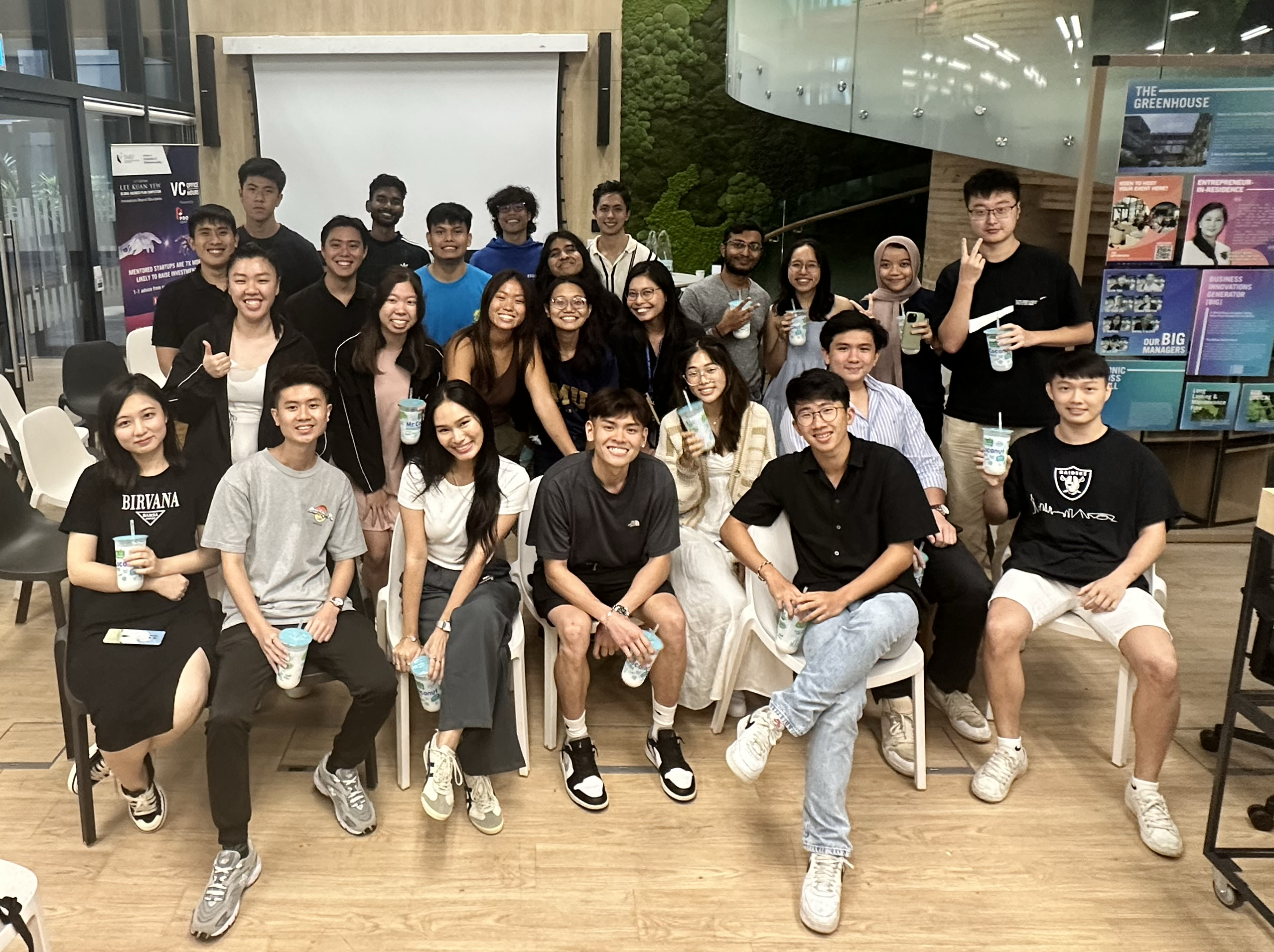
GII 2023 Alumni
Register Now for GII 2024!
Keen to experience what it is like to work for an overseas high-growth startup like them? Register Now! before 30th October 2023.
